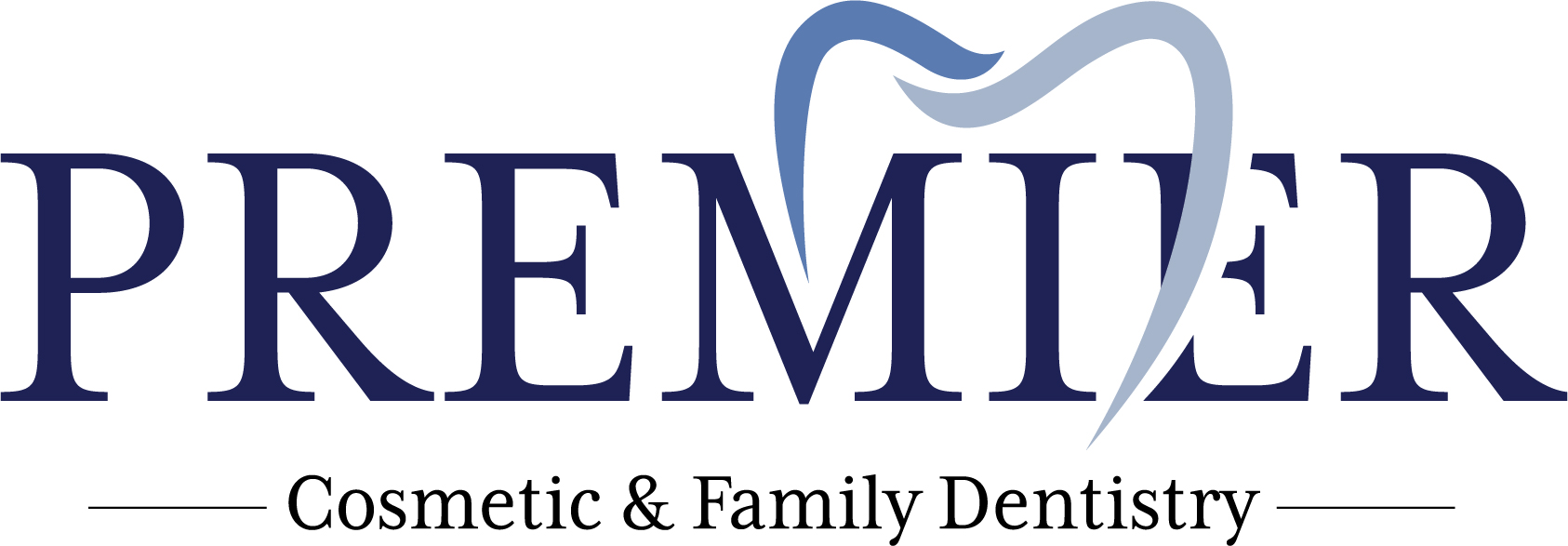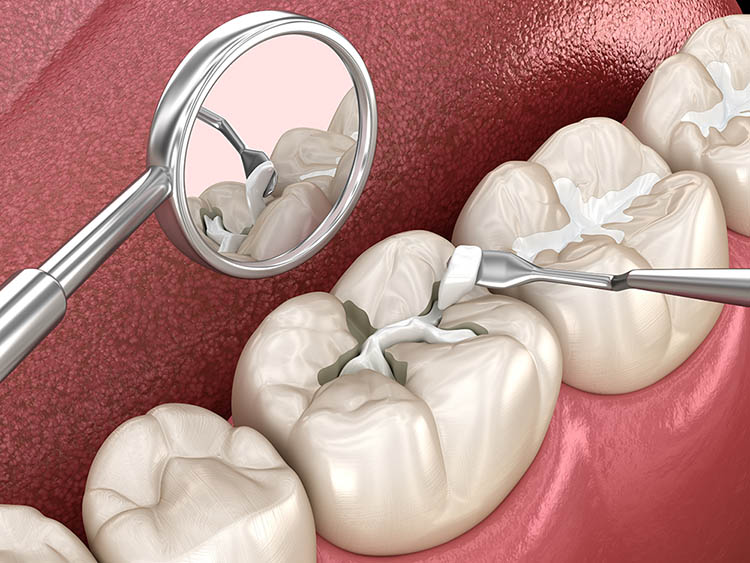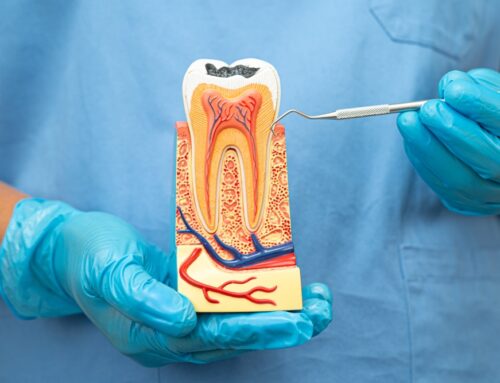Dental sealants are a common preventive dental treatment. They protect against cavities and decay, especially in vulnerable areas of the teeth. Sealants can provide significant benefits in maintaining oral health. But you have to weigh both the positives and negatives with this dental procedure. In this blog, we will delve into why someone may need dental sealants. We also provide the advantages of sealants and the potential drawbacks to consider.
Why Someone Would Need Dental Sealants
Dental sealants are often recommended for those at higher risk of developing cavities. Children and teenagers often have deep grooves and fissures in molars and premolars. These deep pits and crevices make it hard to clean these areas with brushing alone. This increases the susceptibility to decay.
The Benefits of Dental Sealants
- Cavity Prevention. One of the main benefits of dental sealants is their ability to prevent cavities. They create a protective barrier over the chewing surfaces of teeth. It seals out bacteria and food particles that can lead to decay and cavities.
- Easy Application. Sealants are a quick and painless procedure. It requires no drilling or removal of tooth structure. This non-invasive procedure makes it suitable for people of all ages. This includes children who may have a lower tolerance for extensive dental procedures.
- Long-lasting Protection. Keep your dental sealants maintained with regular dental check-ups and good oral hygiene. Dental sealants can provide long-lasting protection against cavities. This reduces the need for more invasive treatments in the future.
- Cost-effective Preventive Measure. Treating cavities and undergoing restorative procedures can be expensive. Dental sealants offer a cost-effective approach to preventive dental care. It reduces the risk of decay and associated complications.
The Negatives of Dental Sealants
- Temporary Nature. Dental sealants are durable and can last several years. But they are not permanent and may need a replacement over time. Dentists will need to assess the condition of sealants on a regular basis. They will be able to determine if reapplication is necessary.
- Potential Risk of Sealant Failure. In some cases, sealants may not adhere to the tooth surface or may wear off. This increases the risk of decay in the protected areas. Proper application techniques and routine maintenance can help mitigate this risk.
- Allergic Reactions. Although rare, some people may have allergic reactions to materials in dental sealants. Dentists will conduct thorough assessments to identify any potential allergies before applying sealants.
Contact Us
Dental sealants work to prevent cavities and maintain optimal oral health. For those prone to tooth decay, they can be a lifesaver. It’s important to consider the positives and negatives of sealants. This information can help you make informed decisions about investing in dental sealants. Contact us today if you want more information about dental sealants. We can help you determine if sealants are right for you. We will ensure that our oral health strategies align with your needs and goals.






